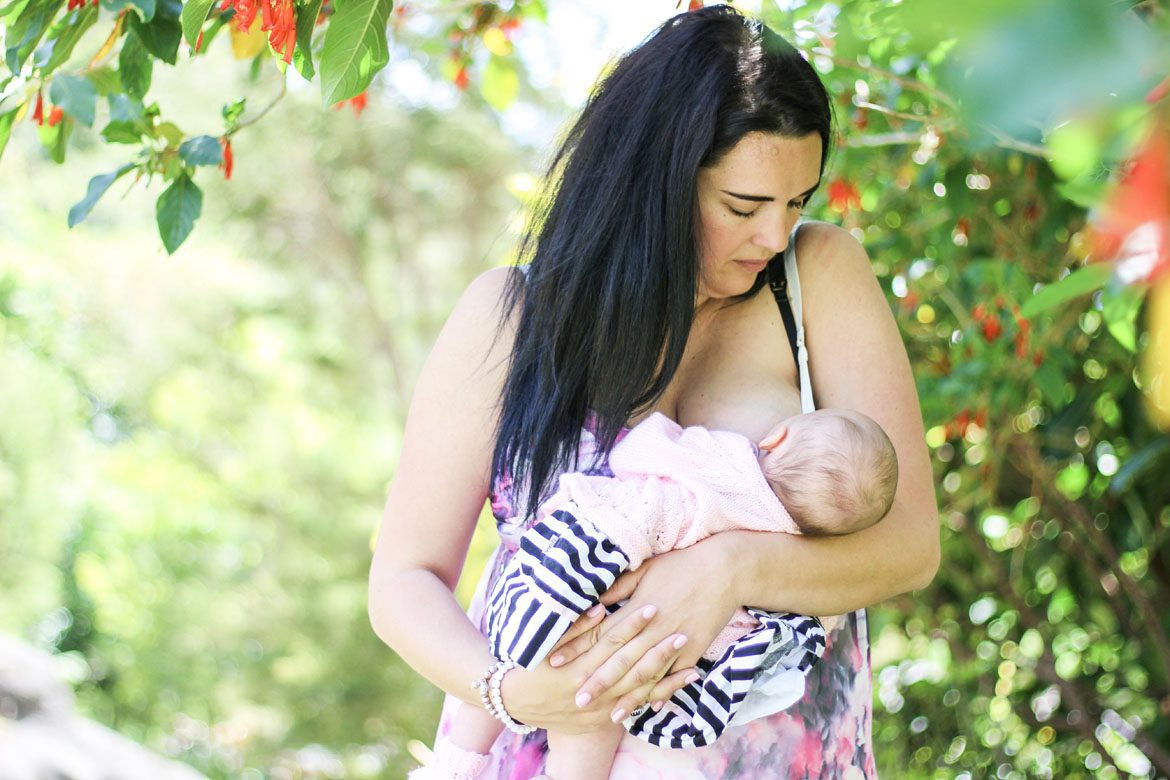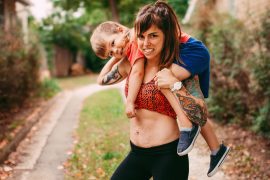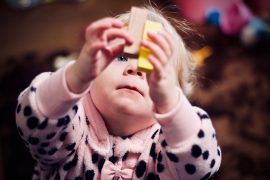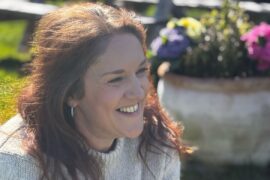By Catherine Hume
As new mothers, there is so much happening and so much to think about. While caring for your baby, caring for other family members and keeping up with the never ending piles of laundry, self-care is often the last thing that new mothers do.
In recent years, new mothers have been motivated to be well groomed and keep up with the latest fashions. However, self-care is more to do with our emotional wellbeing than our appearance. After the birth of your baby, your body readjusts to being a body that is no longer carrying a child. Your hormone levels readjust themselves and so you will experience emotional unbalance. One in every ten new mothers experience post-natal depression, and a smaller number experience post-natal psychosis. Both conditions can be scary and disorientating. It is vital in these circumstances that you talk to your doctor, health visitor, partner/spouse and friends because they are well-recognised medical conditions and so need medical attention.
When it comes to self-care, each person needs to know what works for them and they can be very simple things such as having a relaxing bath, listening to our favourite music or watching the soap operas on television. However, part of self-care is socialising. New mothers are often criticised for going out, especially in the evening or night time. This criticism is unfair. New mothers are still people who need friendship and opportunities to socialise. A group of new mothers can socialise together, but many new mothers have close friends who do not have children. These friends may work during the day time and so they socialise in the evening or at night time.
Socialising is crucial to all humans. Socialising with other adults is necessary for our well-being. We know that being around a baby all day is great, but after a while without adult friends, we begin to feel flat, bored and stunted. Feeling supported, wanted and welcome by others helps us feel confident and it boosts our self-esteem. Socialising is also a work out for the brain. Psychologist Oscar Ybarra found that socialising uses memory skills as well as intellectual performance and cognitive skills. In the long term, raised brain activity lowers the risk of dementia. All of this is not just good news for you, it’s also good news for your baby. A healthy mother is more likely to live longer and be able to keep up with her children and grandchildren.











